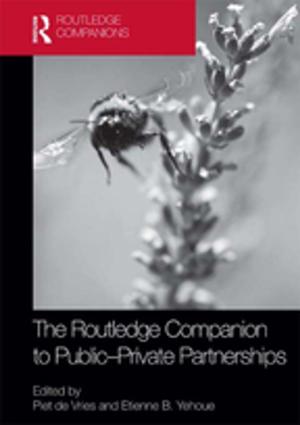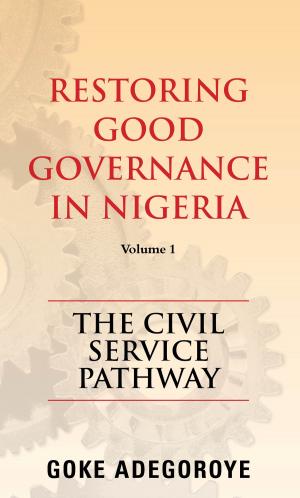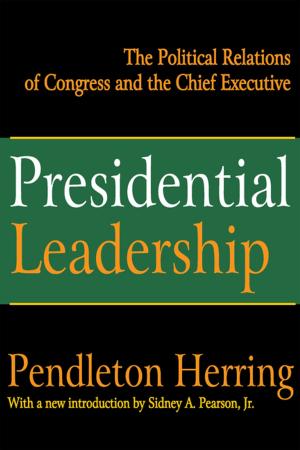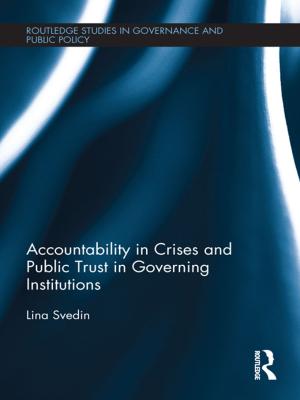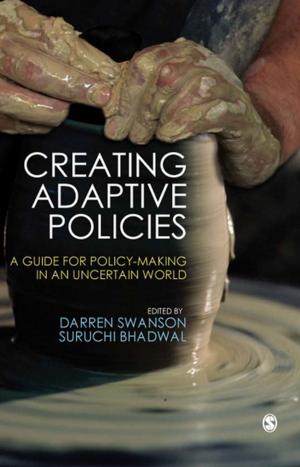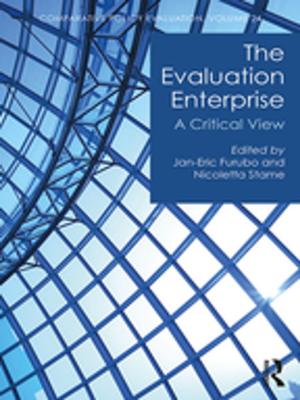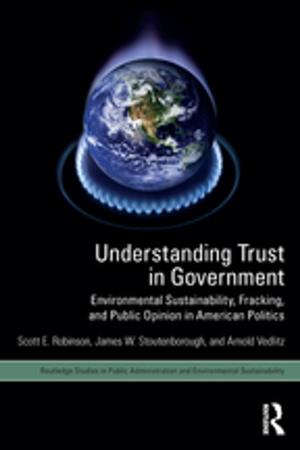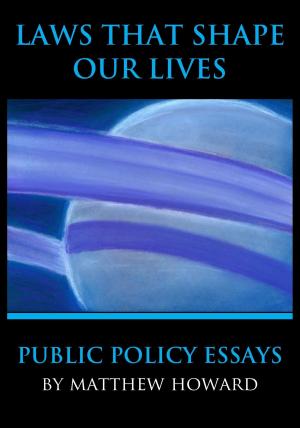Infamy
Nonfiction, Social & Cultural Studies, Political Science, Government, Public Affairs & Administration| Author: | T. J. Hill | ISBN: | 9781311768919 |
| Publisher: | T. J. Hill | Publication: | October 26, 2015 |
| Imprint: | Smashwords Edition | Language: | English |
| Author: | T. J. Hill |
| ISBN: | 9781311768919 |
| Publisher: | T. J. Hill |
| Publication: | October 26, 2015 |
| Imprint: | Smashwords Edition |
| Language: | English |
Infamy discusses Kennedy’s murder, and the 9/11 attacks, to understand grounds for true belief in politics. Three questions ensue: 1) What shapes political opinions, in particular beliefs about consequential political crimes? 2) How do we distinguish truth from untruth in politics? 3) How do we sort true beliefs from all the other judgments we may develop about political events?
Experimentation to test hypotheses helps scientists sort what we know from what we do not. Investigators who want to know the truth about political crimes make good use of hypotheses and evidence, but they must work backward in time to discover why the crime unfolded as it did. That means they cannot apply strictly experimental methods to the questions they investigate.
We know that both crimes – Kennedy’s murder and the events of 9/11 – generate monumental disagreements about who committed them. We also disagree about valid methods to reconcile contradictory accounts. These disagreements suggest that even if scientific standards of truth and forensic methods of investigation apply, they do not compel conclusions for crimes like these. When you observe conflict this fundamental, where people disagree not only about what happened, but also about how to reach judgments in the matter, you have an epistemic problem difficult to resolve.
New Orleans district attorney Jim Garrison quoted, “Let justice be done though the heavens fall,” as he investigated Kennedy’s murder in the 1960s. Garrison met opposition and ridicule as he pursued his case. When the heavens fall, the calamity affects everyone. From the story of Oedipus the king until this day, open inquiry into political crimes entails high stakes for the whole community. You cannot know, when you start, where your investigation will lead, what the outcome will be, what consequences you will suffer, or what may befall others. You merely trust that truth yields a better outcome than untruth.
Infamy discusses Kennedy’s murder, and the 9/11 attacks, to understand grounds for true belief in politics. Three questions ensue: 1) What shapes political opinions, in particular beliefs about consequential political crimes? 2) How do we distinguish truth from untruth in politics? 3) How do we sort true beliefs from all the other judgments we may develop about political events?
Experimentation to test hypotheses helps scientists sort what we know from what we do not. Investigators who want to know the truth about political crimes make good use of hypotheses and evidence, but they must work backward in time to discover why the crime unfolded as it did. That means they cannot apply strictly experimental methods to the questions they investigate.
We know that both crimes – Kennedy’s murder and the events of 9/11 – generate monumental disagreements about who committed them. We also disagree about valid methods to reconcile contradictory accounts. These disagreements suggest that even if scientific standards of truth and forensic methods of investigation apply, they do not compel conclusions for crimes like these. When you observe conflict this fundamental, where people disagree not only about what happened, but also about how to reach judgments in the matter, you have an epistemic problem difficult to resolve.
New Orleans district attorney Jim Garrison quoted, “Let justice be done though the heavens fall,” as he investigated Kennedy’s murder in the 1960s. Garrison met opposition and ridicule as he pursued his case. When the heavens fall, the calamity affects everyone. From the story of Oedipus the king until this day, open inquiry into political crimes entails high stakes for the whole community. You cannot know, when you start, where your investigation will lead, what the outcome will be, what consequences you will suffer, or what may befall others. You merely trust that truth yields a better outcome than untruth.


